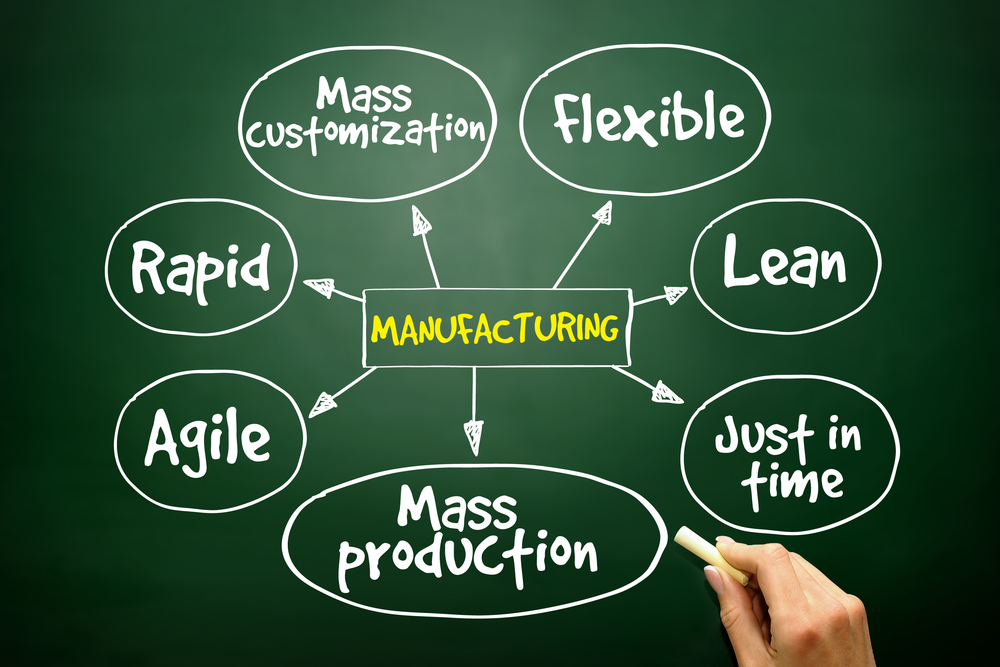Manufacturers around the world are constantly striving to increase product sales and enhance customer satisfaction. Many businesses are improving supply chain visibility and enhancing their use of technology to meet growing demand and consumer needs. A key tactic in this effort is mass customization.
Mass customization involves the process of manufacturing goods that are made to satisfy one specific customer’s needs. This allows customers to design their own products to fit specific preferences for color, specifications, and personalization while keeping manufacturing costs similar to the price of mass production.
Dell Technologies began selling custom-designed desktop computers directly to consumers in the 1990s. This quickly positioned them as a leader in the industry, and mass customization remains a key component of the company’s $100b+ business.
Nike is another global leader in mass customization. The “Nike by You” program allows customers to customize and order shoes, clothing, and other sports apparel for both men and women.
Much like Dell and Nike, companies that use mass customization as a manufacturing technique may realize numerous key benefits:
- Enhanced customer satisfaction without raising manufacturing costs: The goal for mass customization is to provide a personalized product to a consumer that costs approximately the same amount to make as it would if it were mass-produced. The idea is that with a few small tweaks, the base product becomes customized without further dollars spent.
- Increased data collection: When customers input their customization preferences, they are sharing valuable data about their likes and dislikes. Companies can take that information and analyze it to further optimize their future customization options.
- Improved efficiency: Mass customization allows manufacturers to make a product almost to completion and personalize it in the final stage of manufacturing. This allows for organized inventory management and faster delivery times.
However, to successfully implement a mass customization approach, product manufacturers must operate an agile and flexible supply chain. Since the customization takes place in the final stages of product production, the supply chain must be able to maneuver quickly on a case-by-case basis to fill customized orders and send them on their way to customers in a timely manner.
Manufacturers looking to increase their supply chain’s agility may use recyclable, lightweight iGPS plastic pallets, which incorporate smart features that make them traceable throughout the supply chain. This can ensure better planning and efficiency while helping to lower Total Cost of Business (TCOB).
As manufacturers and retailers continue to adapt to changing consumer needs, finding ways to increase sales and improve customer satisfaction will remain vital to long-term success. From clothes to computers to custom-built cars, mass customization can play a key role in maintaining a loyal and long-term customer base.
Companies committed to making their supply chains leaner and more agile use iGPS plastic pallets for all their shipping needs. Our lightweight, recyclable plastic pallets can be a key component of mass customization. For more information, contact us at 1-800-884-0225, email a specialist at switch@igps.net, or visit our contact page.



